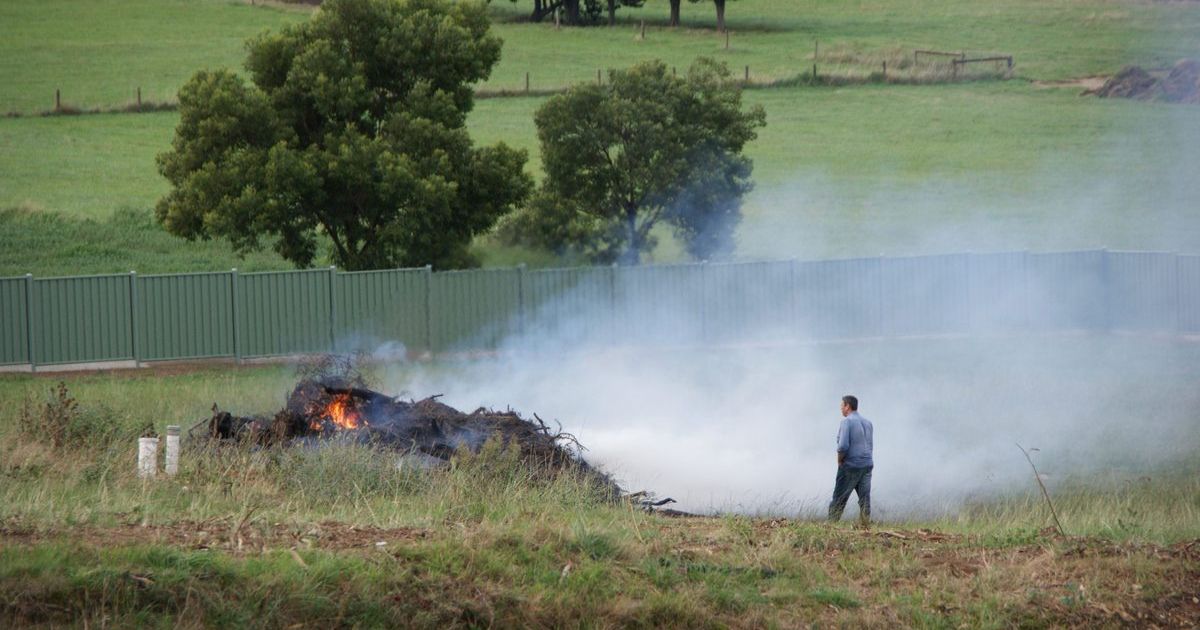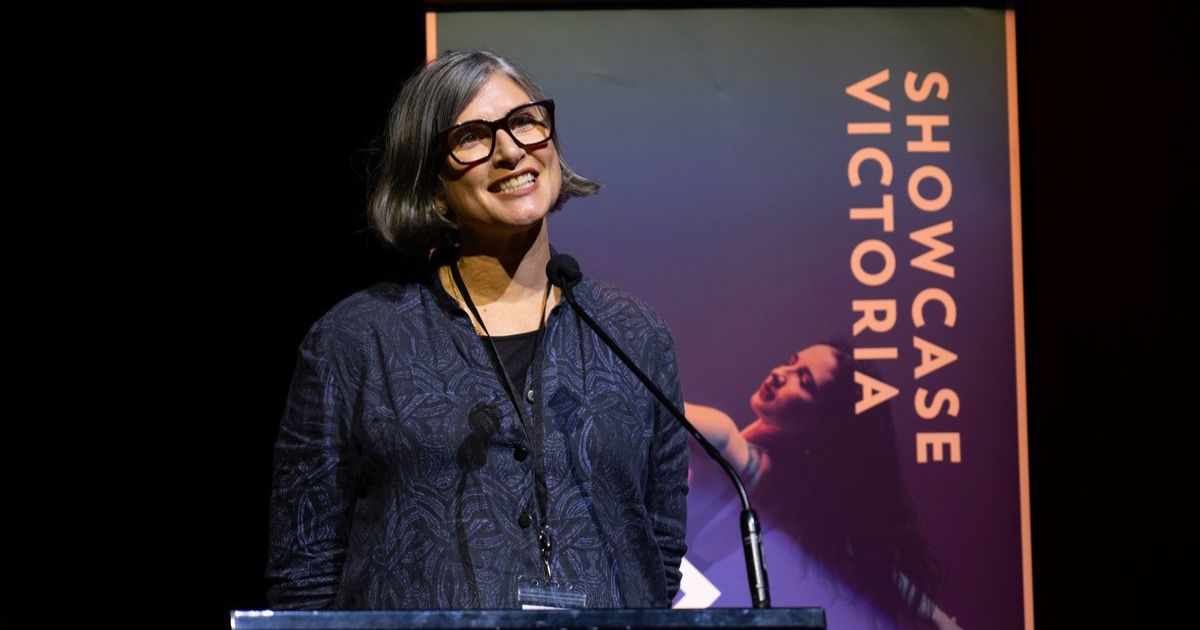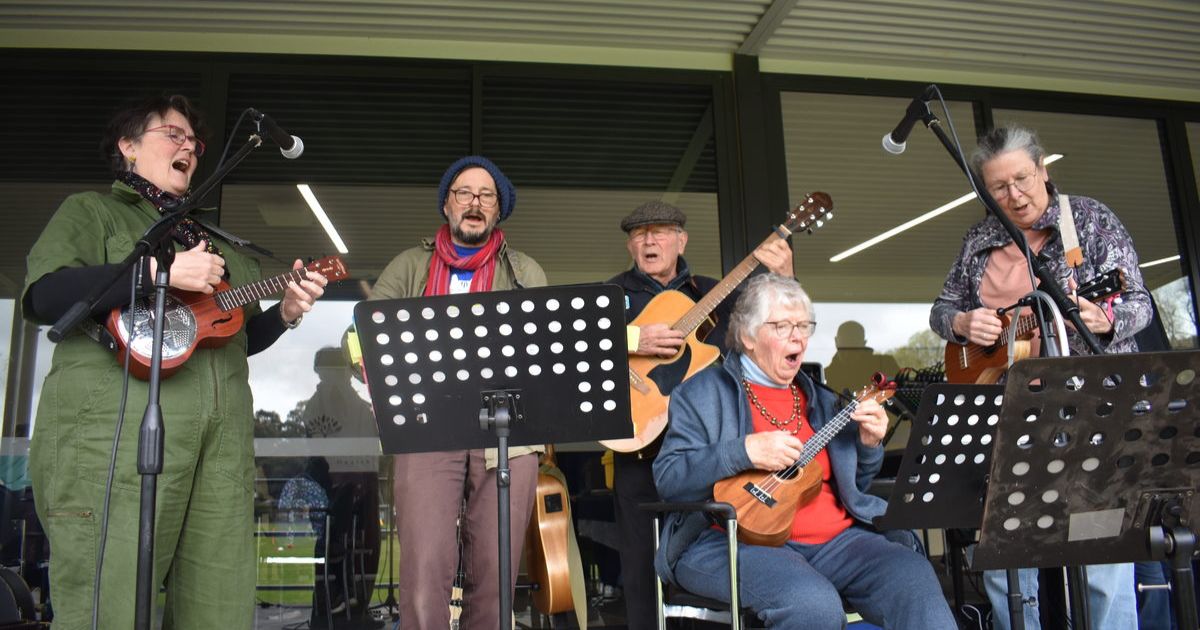Slow down, save our wildlife
WILDLIFE carers are calling for drivers to slow down after a high number of injuries to kangaroos, wombats and other animals and birds in the region.
Volunteer carers are also asking people to check pouches when they see a deceased animal.
“Drivers need to slow down,” said Sue Kirwan from Help for Wildlife.
“There have been a lot more injured animals recently and our volunteer rescuers have been kept busy.
“Sadly, many of the injured animals need to be euthanised but we have had some heartwarming stories, too.
“We recently had a mother kangaroo with a broken leg who needed to be euthanised.

“She brought her pinky, as we call un-furred joeys, right up to my husband and the property owner who found her as though she knew they would care for him.
“In another incident, a woman slowed down to let kangaroos cross the road but, unfortunately, one dropped her baby on the road.
“Both joeys are doing well in care.”
Ms Kirwan asked that people check the pouches of deceased animals when it is safe to do so.
“We love our wildlife but need to be sensible and don’t want people stopping in the middle of the road and putting themselves at risk,” she said.
Phalaris grass toxicity is also causing problems for kangaroos.
“It is toxic,” said Ms Kirwan, “and is a horrendous condition.
“The animals get the staggers. There is no cure, and they need to be euthanised.
“Phalaris grass is particularly potent this season.”
There are up to 200 Help for Wildlife members across Victoria with seven in the Heathcote area.
“We are all volunteers,” said Ms Kirwan, “and do our best to get there when called but if an animal is distressed and we can’t be reached, people should call the police.”
Rescue volunteers are always needed, and Help for Wildlife will be holding some basic rescue courses towards the end of the year.
For more information, to report an injured animal or to donate to the service, call 0477 555 611.


















